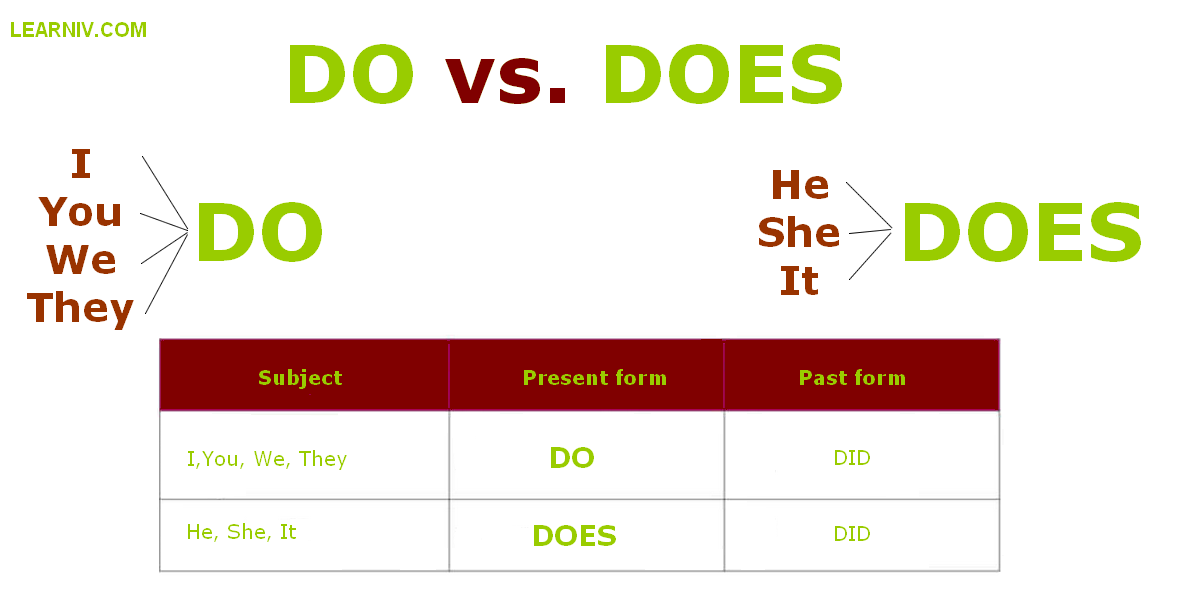Understanding the Real Costs of Starting a Business: What Every Entrepreneur Needs to Know in 2025
Introduction: Why Startup Costs Matter
Launching a business is a major milestone, but understanding the true costs involved is essential for long-term success. Whether you dream of opening a physical storefront, building an online brand, or running a service-based company, every entrepreneur faces a unique set of expenses. This guide provides a detailed, actionable overview of startup costs, offering practical steps and real-world examples to help you budget confidently and access the critical resources you need to thrive.
Typical Startup Costs: What to Expect
Startup costs can vary dramatically based on industry, location, and business model. According to recent studies, the average small business owner spends about $40,000 in their first year, although this figure can be much higher or lower depending on your specific needs [4] . For online businesses, startup costs can range from $1,000 to over $60,000, while brick-and-mortar ventures-such as restaurants or retail stores-may require upwards of $750,000 in some cases [3] [4] .
Common early expenses include:
- Business formation and legal fees: Incorporation or LLC registration typically costs between $50 and $1,180, depending on your state and entity type [1] .
- Licenses and permits: Vary by industry and location, often ranging from $50 to several hundred dollars.
- Insurance: General liability insurance averages around $500 per year [1] .
- Website and domain: Basic setup costs can start at $120-$360 per year, with domain names averaging $10-$20 annually [1] [4] .
- Product development or inventory: Highly variable, depending on your business type.
- Equipment and technology: Can range from a few hundred dollars (for a laptop and software) to over $130,000 for specialized machinery [4] .
- Marketing and advertising: Startups often allocate 7-8% of annual revenue to marketing. Digital ads, print materials, and introductory campaigns can add up quickly [1] .
- Real estate or rent: Retail or office space costs about $21.85 per square foot on average [1] .
- Staffing and payroll: Bringing on employees adds to costs-average hourly pay for administrative roles is about $22, while onboarding a new full-time employee may cost $4,000-$20,000 (not including salary or benefits) [4] .
Real-World Examples: Startup Cost Ranges by Business Type
Startup costs differ based on the nature and scale of your venture. Here are some typical ranges, based on industry data:

Source: mostvaluedbusiness.com
- Home-based consulting or freelance: Many service-based businesses launch for $0-$5,000, especially if you already own essential equipment [2] .
- Online retail or eCommerce: Starting an online store can cost between $1,000 and $60,000+, depending on inventory, design, and marketing needs [3] .
- Brick-and-mortar retail: Renting physical space, hiring staff, and stocking inventory may require $50,000-$750,000 [4] .
- Restaurants or food service: Equipment, permits, and real estate can drive costs from $100,000 to $750,000 or more [4] .
According to a comprehensive analysis, 24% of startups launch for less than $5,000, while about 13% require $50,000 or more [2] . These figures highlight the importance of careful planning and tailored budgeting.
Step-by-Step Guide: How to Estimate Your Startup Costs
Every entrepreneur should create a detailed startup budget before launching. Follow these steps to estimate and manage your expenses:
- List all required expenses: Start by identifying every cost you expect, including legal fees, marketing, inventory, equipment, and utilities.
- Research typical costs in your industry and region: Use resources from the U.S. Small Business Administration (SBA), your state’s Department of Commerce, or local Small Business Development Centers (SBDCs).
- Get quotes from vendors and service providers: Reach out directly for estimates on equipment, supplies, insurance, and software.
- Account for recurring vs. one-time costs: Make sure to distinguish expenses you’ll pay monthly (such as rent or software subscriptions) from those you pay once (such as incorporation fees).
- Factor in a contingency fund: Experts recommend setting aside 10-20% extra for unexpected expenses or cost overruns.
- Review and revise regularly: Update your budget as you gather more information or as circumstances change.
If you’re unsure where to start, visit the official Small Business Administration website and search for “startup cost worksheet” or contact your local SBDC for hands-on assistance. These resources offer templates and personalized support for new entrepreneurs.
Funding Your Business: Key Resources and Strategies
Securing adequate funding is often the biggest challenge for startups. According to Federal Reserve data, 77% of startups without employees rely on personal savings to get started [4] . However, there are many ways to finance your new venture:
- Personal savings: The most common source, but may limit your growth if funds are tight.
- Bank loans and SBA loans: Traditional loans offer competitive rates, but approval can be challenging for new businesses. Visit your local bank or credit union and ask about small business lending programs. For SBA-backed options, visit the U.S. Small Business Administration’s official website and search for “SBA loan programs.”
- Business credit cards: Useful for managing cash flow but be mindful of interest rates and terms.
- Investor funding: Angel investors and venture capitalists can provide significant capital, usually in exchange for equity. Research local investor groups or use official directories from the Angel Capital Association.
- Grants: Some government agencies and nonprofit organizations offer grants for startups in specific industries or demographics. Search the Grants.gov database or ask your local SBDC for relevant opportunities.
- Crowdfunding: Online platforms like Kickstarter and Indiegogo allow you to raise money from the public. Always review terms and fees before launching a campaign.
For tailored advice, consider scheduling a meeting with a certified business advisor through your local Small Business Development Center.

Source: wealthpursuits.com
Strategies to Minimize Startup Costs
Keeping expenses in check is critical, especially in the early stages. Here are proven ways to reduce your startup costs:
- Start small and scale up: Focus on a minimum viable product (MVP) or basic service offering before expanding.
- Leverage free and low-cost tools: Use free trials, open-source software, and affordable platforms for website hosting, project management, and accounting [1] .
- Work from home or a co-working space: Delay leasing office space until your business justifies the expense.
- Outsource tasks when possible: Hire freelancers or contractors for specialized work instead of full-time employees, especially for marketing, design, or legal services.
- Negotiate with suppliers: Request bulk discounts or favorable payment terms to improve cash flow.
A real-world example: An entrepreneur opening an online store saved thousands by designing their own website, using a dropshipping model to avoid inventory costs, and running digital ads with a modest monthly budget. As the business grew, they reinvested profits into branding and customer service enhancements.
Overcoming Common Challenges: Practical Solutions
Unexpected expenses, cash flow issues, and underestimating costs are common hurdles for new business owners. Here’s how to address them:
- Maintain a detailed budget and track all expenses: Use reliable accounting software and review your spending monthly.
- Build a cash reserve: Set aside enough funds to cover at least three to six months of essential expenses.
- Seek professional advice early: Consult with accountants, lawyers, or business mentors before making major commitments.
- Adjust your business plan as needed: Be ready to pivot if your original assumptions prove inaccurate or the market shifts.
For more support, connect with a SCORE volunteer mentor or local business networking group. These organizations offer free advice and can help you navigate challenges as your business evolves.
Key Takeaways and Next Steps
Estimating and managing startup costs is a critical part of launching any business. While the amounts required can vary widely, thoughtful planning and proactive budgeting help ensure you’re prepared for both expected and unforeseen expenses. Leverage official resources, seek guidance from experienced professionals, and adapt your strategy as your business grows. With the right approach, you can successfully navigate the financial realities of entrepreneurship and build a sustainable, thriving venture.



